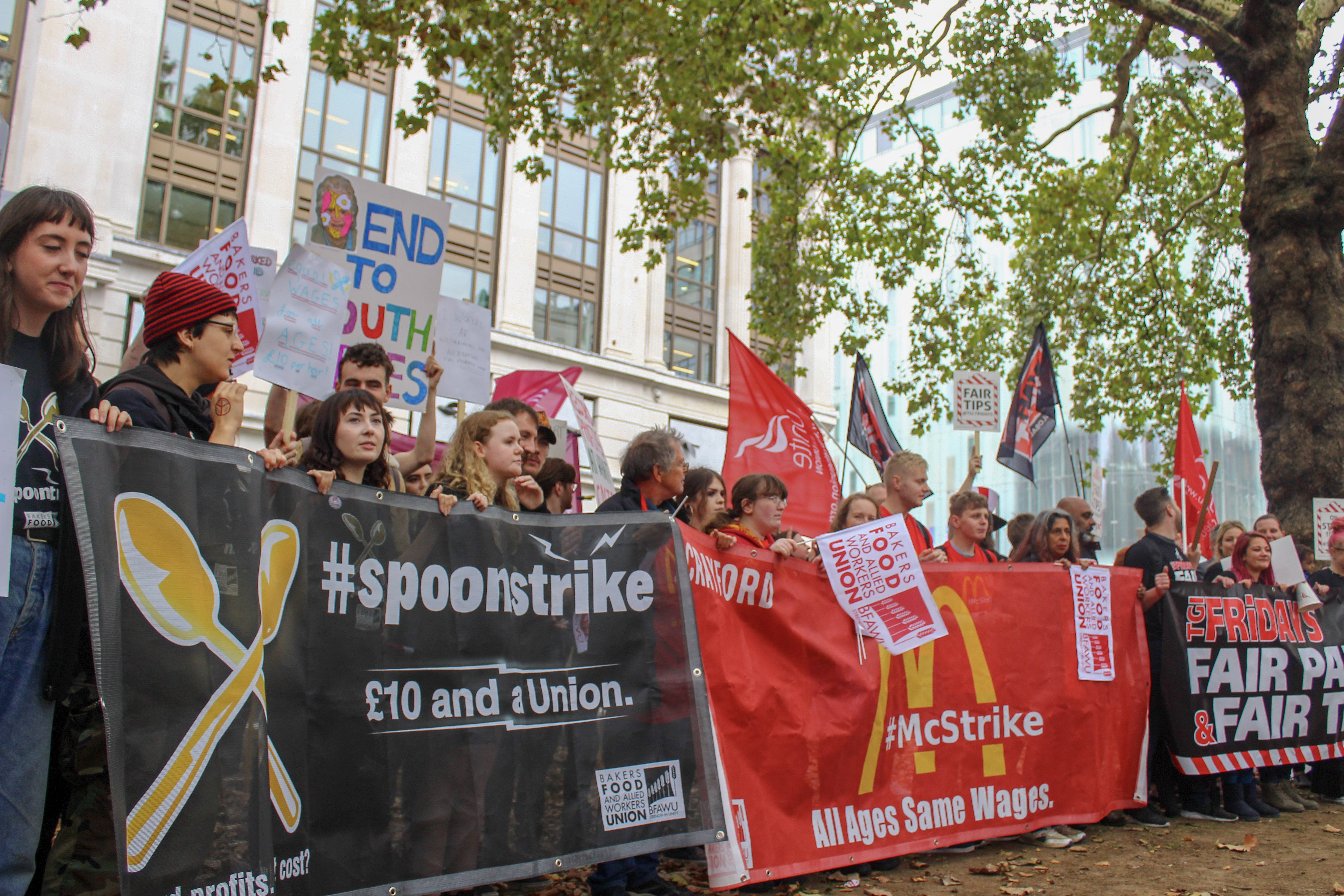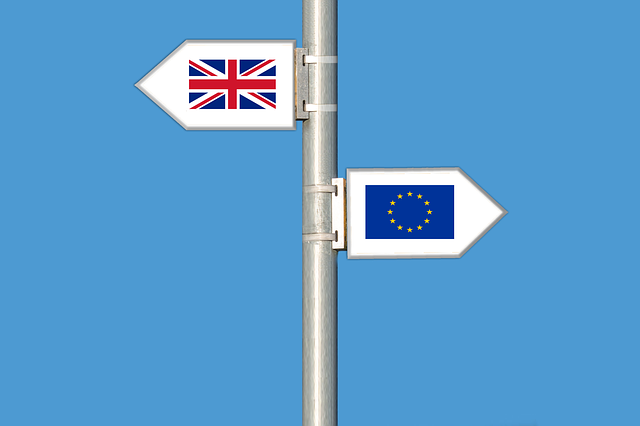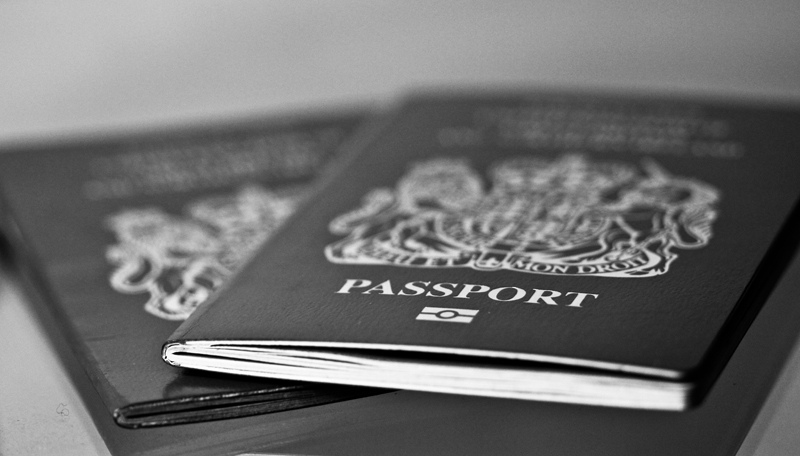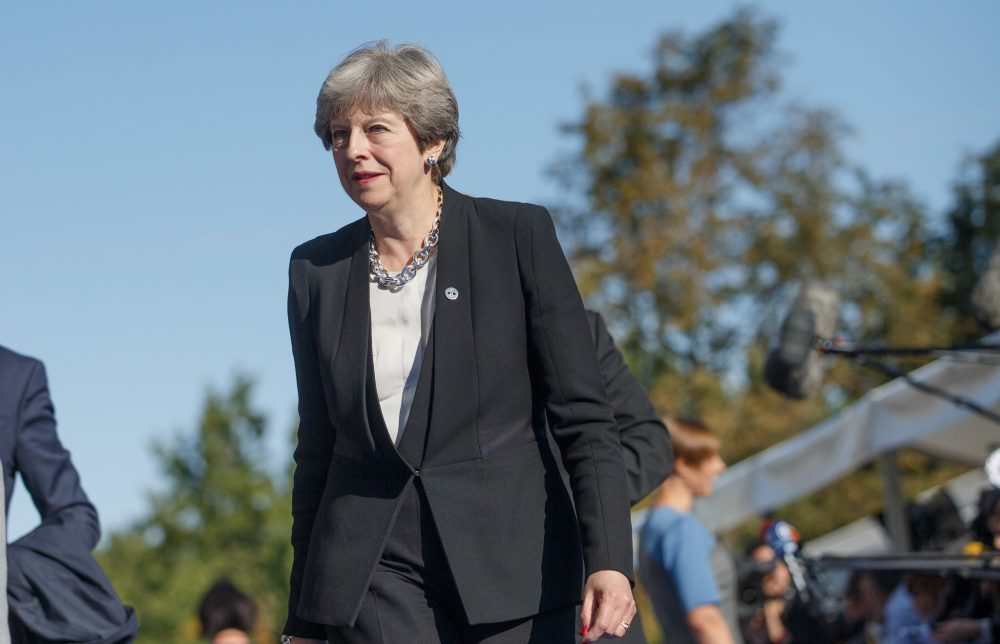The Brexit Withdrawal Agreement has been released, with MPs now set to vote on it in the new year. The document outlining prime minister Theresa May’s deal covers all kinds of things, from the transition period, to the ‘divorce bill’, to Parma Ham (yep, seriously).
There are 599 legally-binding jargon-filled pages of it. Plus, there’s a 26-page Political Declaration (which isn’t legally binding, though still has quite a lot of jargon). But what does it mean for our rights?
Workers’ Rights
 Fast food workers went on strike over working conditions in October. Credit: Ollie Cole/@ProducerOllie
Fast food workers went on strike over working conditions in October. Credit: Ollie Cole/@ProducerOllie
At the moment, a lot of workers’ rights and protections stem from EU Law. These cover areas such as:
- Limits on how much time employees can be required to work each week
- Maternity and paternity leave
- Health and safety
- Protections from discrimination and harassment at work
- Protections for workers when companies transfer their business (for example in a merger) or service provisions
- Protections for agency workers, part-time, fixed-term and young workers
- Government paying parts of redundancy, holiday or other party when employers become insolvent
The UK has its own laws in place on these issues that comply with the requirements of EU law. Once we leave the EU, parliament would be able to change our laws so that our protections could move away from the standards provided by the EU.
The Withdrawal Agreement says workers’ rights won’t be reduced below EU Standards right until the end of the transition period. This is being called a ‘non-regression’ clause.
On the face of it, this is good news, and something that equality and workers’ rights groups were hoping would be in any Brexit agreement.
Crucially though, it doesn’t make any promises about what will happen to workers’ rights after the transition period has ended.
There are some vague descriptions that the UK shall ‘protect and promote social dialogue on labour matters’ after the end of transition. It doesn’t get any more specific than that, though.
This leaves the option for protections to be reduced below the current minimum standards, once the transition period has concluded.
The Agreement also reaffirms the UK’s commitment to implementing the International Labour Organization Conventions that it has ratified. This is a good thing, but the ILO Conventions are broad statements of principle and give far less protection to workers than EU Law.
Rights of UK Citizens Living in the EU

The agreement confirms that people from the UK who live in EU countries will keep their residency and social security rights after Brexit.
The rights of their children and those of partners in existing “durable relationships” are also guaranteed.
People from the UK who go to live in another EU country during the transition period will be allowed to stay in that country after the transition.
However, recognition of professional qualifications, and access to university education on the same terms they have now are still unresolved issues.
Rights of EU Citizens Living in the UK
 Credit: Elionas2/Pixabay
Credit: Elionas2/Pixabay
Under the Withdrawal Agreement, the more than 3 million EU citizens currently living in the UK have the right to stay. This also applies to their children and to partners in existing “durable relationships”.
However, there is nothing automatic about this: no matter how long an EU citizen has lived here, they must apply for the right to stay (at a cost of £65) under the government’s ‘settled status’ scheme.
Failing to apply will mean that people will end up with no legal right to live and work in this country. As we’ve seen from stories regarding the Windrush generation, being undocumented (or thought to be undocumented) in Britain is no fun at all.
As everyone has to apply by 31 December 2020, the government will be processing over 5,000 applications per day.
The scheme has also only just been piloted, so it is not yet clear how many applications will be successful; there are concerns over whether the implementation will lead to another Windrush-type scandal.
The EU Charter
When Brexit happens, people in the UK will no longer be protected by the EU Charter of Fundamental Rights.
To find out what this is and how it works, see our explainer here.
The Charter has a lot of rights that overlap with our Human Rights Act, but it also has rights that go further, including a right to asylum, rights to dignity, protection of personal data and health and protections for workers against unjustified dismissal.
The Charter also has a free-standing right to freedom from discrimination.
This is particularly important because our Human Rights Act only protects against discrimination carried out by the state, whereas the discrimination protections in the Charter apply to situations between individuals or organizations — such as between two people on Twitter.
The Charter is a ‘living instrument’, meaning that the rights it provides must reflect social change. This has seen the creation of valuable new rights such as the ‘right to be forgotten’.
As the Chair of the Equality and Human Rights Commission reminded us in a guest post last month, the ways we communicate are still changing very quickly – for example when the Human Rights Act was first made law, 9% of households in Britain had access to the internet – so the capacity for the Charter to introduce new rights around issues like data protection is an important strength.
Our Automatic Right to Live, Work And Study in the EU Will Be Gone

Decades of visa-free holidays, studying, living and working in Europe are coming to an end.
But hey, at least our passport will be blue instead of red.
What About a ‘No Deal’?
 The prime minister’s deal is currently being debated by MPs. Credit: Raul Mee (EU2017EE)/Flickr
The prime minister’s deal is currently being debated by MPs. Credit: Raul Mee (EU2017EE)/Flickr
We may not need to spend too much longer reading about the Withdrawal Agreement, as at the moment it looks likely to be defeated in next week’s vote.
There are several possibilities about what might happen to Brexit after that, but one of them is leaving without a deal at all.
…and if that happens? Here’s a quick guide:
- The EU (Withdrawal) Act 2018 brings across the powers from EU Directives, so workers in the UK will continue to have most of the same rights (but not in some areas like cases of employer insolvency).
- However, the government has also said that it will “make small amendments to the language of workplace legislation to ensure the existing regulations reflect the UK is no longer an EU country”
- The government says “these amendments will not change existing policy”, but it is not clear what the proposed changes are if they will not change the existing policy.
- Without the Withdrawal Agreement, EU Citizens’ rights are very insecure. Theresa May has said publicly she cannot guarantee the rights of EU Citizens if there’s no deal
- We would still have no access to the EU Charter
- We would still have no right to live, work or study in the EU without applying for a visa.
- The framework of cooperation between the UK and EU countries would be unknown too, as the terms of the agreement and the political declaration wouldn’t apply.







